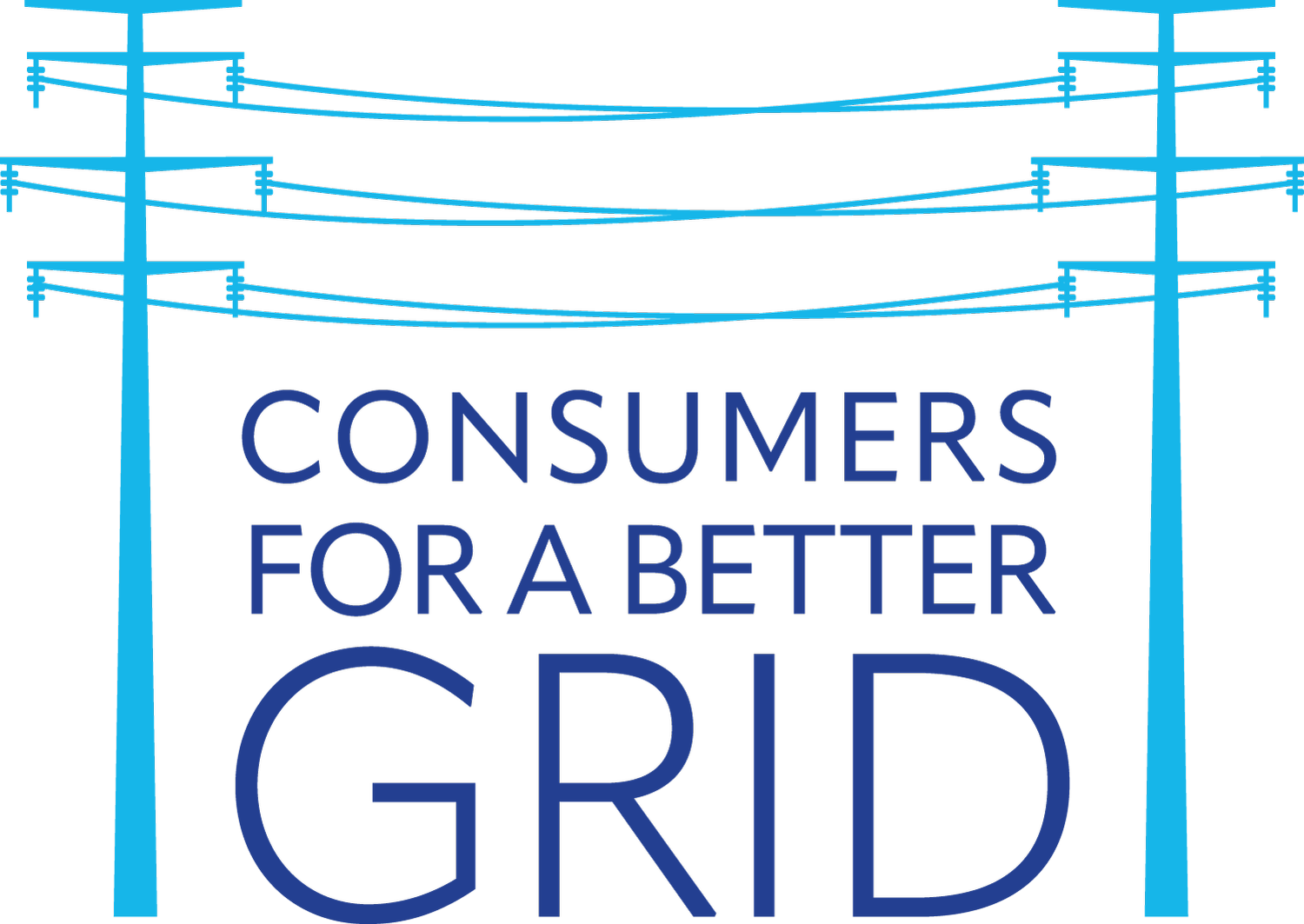Keeping the Lights On
What's it all about? We pay power generators for "capacity"--the obligation to have enough reserve power on hand when demand is highest. But PJM uses a one-size-fits-all approach that is bad for reliability and tends to favor our dirtiest, most expensive forms of energy.
How “RMRs” increase our costs: One of the major contributors to high electric capacity prices is the way PJM handles RMRs, or Reliability Must Run arrangements. RMRs allow PJM to keep an otherwise retiring plant in operation whenever they have concerns that a plant closure would hurt grid reliability. With a growing number of uneconomic coal and gas plants reaching retirement, RMRs keep polluting, expensive generators online well past their planned deactivation dates while replacement transmission is built. In a consumer victory, a committee at PJM voted in 2024 for our proposal to begin a discussion on how to design and evaluate cost-effective alternatives to running expensive, polluting power plants past their desired close date. “There’s a lot of work to do, but today’s vote by PJM’s Markets & Reliability Committee is a strong step forward for cleaner, affordable and reliable power,” we said.
Seasons matter: We urge PJM to take a seasonal approach to buying “capacity” (a.k.a. reserve power). The year-round, one-size-fits-all approach that PJM has used for years has been costly for consumers and not as good for reliability. For example, in the PJM region, much more generation is needed to meet demand levels in the summer, when air conditioners are running, than in the winter when they’re not. So when PJM pays generators for their commitments to be available to produce power, the grid operator could save residents money by buying less capacity for winter – instead of buying the same amount year-round, as they do now.
Why should consumers care? The current one-size-fits-all approach is costly to consumers, doesn't promote reliability and favors our dirtiest and most expensive resources. There are much more cost-effective ways to keep the lights on than keeping fossil fuel plants open past their close date. Plus, if done right, a seasonal approach to capacity procurement could yield hundreds of millions in cost benefits to consumers while prioritizing a more seasonally-reliable electricity mix.
Resources:

